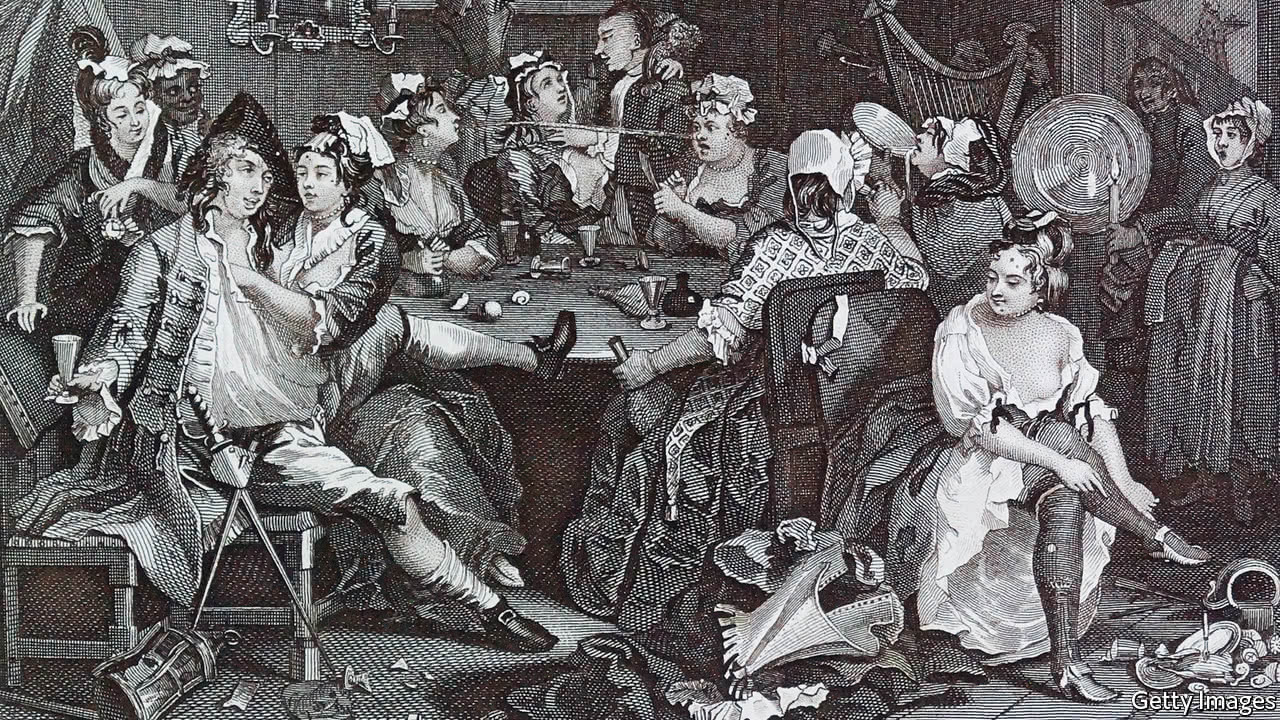“In Search after Lewd women”: Prostitution, Womanhood and Morality in Early Modern London

Written By Marcus McKee, Yale 22'
Edited By Natalie Simpson, Yale 23'
Prostitution was abounding in Early Modern London, as poor ‘nightwalkers’ roamed the seedier neighborhoods and high-class courtesans entertained the upper nobility. Prostitution was not only the work of females, with various accounts of so-called “molly houses” in which men engaged in homosexual activities. Even with these homosexual men, however, prostitution was intertwined with femininity, as they would often dress and act as women while in the molly houses[i]. Outside of actual prostitution, words such as ‘whore,’ ‘strumpet’ and ‘bawd’ were frequently used as gendered insults. One need only look at the Old Bailey Records to see that many killings were caused by a woman being insulted and called a whore. In one such instance, Elizabeth Pew was found guilty of murder after an altercation in which a man “[calls] her a great many ill Names, [he] told her, she was a Bitch and a Whore, like her Sister. She said, Don't provoke me so, for fear I throw something at you. She had a Case-knife in her Hand, and she threw it at him, and it struck in his Side.”[ii] Prostitution was not only extremely prevalent, but it was also embedded in a complex web of different jobs surrounding the selling of sex. Sometimes, there would be houses which had rooms for the prostitutes to take customers, while other times there would be a brothel or ‘bawd-house’ with a constant supply of women for its customers. Additionally, there were various networks of pimps, keepers and procurers who would ferry the women around.[iii] The work of procuring the women and keeping was done by the “bawd” (mostly women), while the “pimp” (mostly men) would help the bawd move around different women to other locations. Prostitutes also captured the attention of high society, most famously in Hogarth’s A Harlot’s Progress but also through novels such as Daniel Defoe’s Roxana. Suffice to say, prostitutes were not hidden to the average Londoner, and their large presence was often a cause for moral panic. The depiction of prostitution was expressly linked to ideas of what womanhood should not look like...
